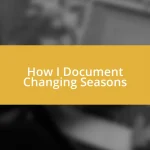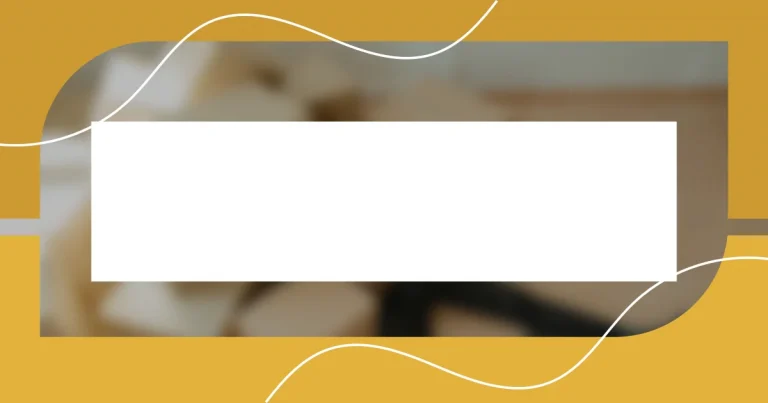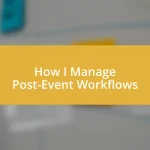Key takeaways:
- Identifying personal stress triggers, such as lack of preparation and negative self-talk, is crucial for managing anxiety during events.
- Mental preparation techniques, including visualization, mindfulness, and creating a pre-event routine, significantly enhance confidence and reduce stress.
- Post-event reflection and analysis help in understanding stressors and setting goals for personal growth, turning uncomfortable experiences into valuable learning opportunities.
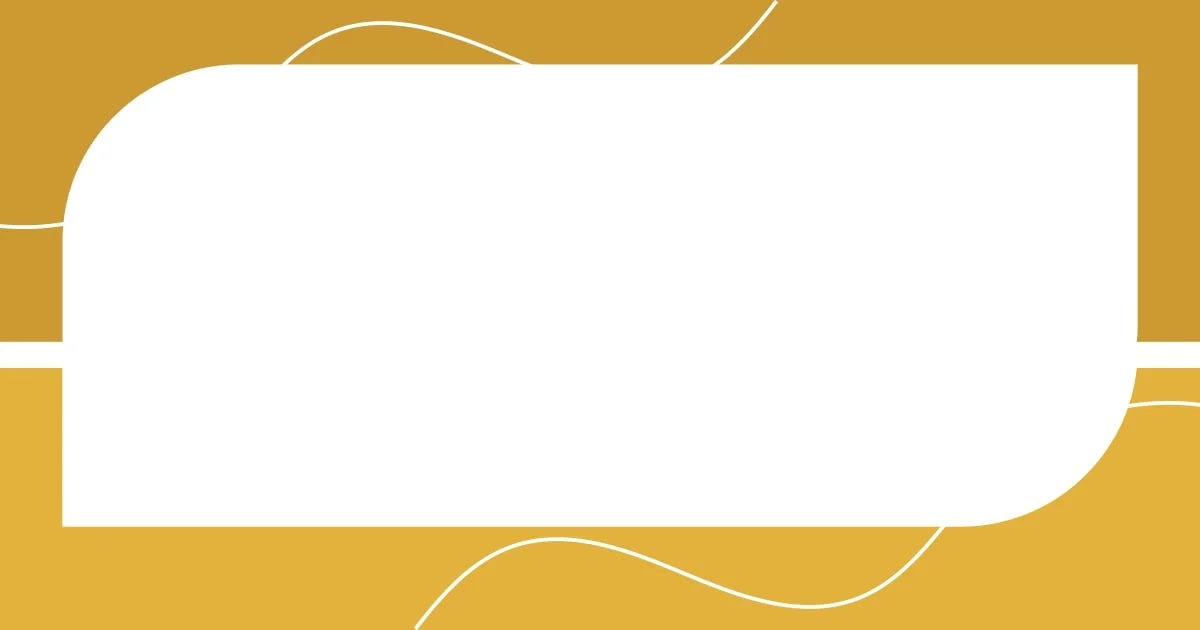
Understanding Stress at Events
Events can be a hotbed of stress, and I’ve often found myself feeling the pressure mounting as the day approaches. The anticipation of speaking in front of a crowd or managing last-minute details can keep me awake at night. Have you ever felt that knot in your stomach as you walk into a room filled with unfamiliar faces?
In my experience, the environment of an event contributes significantly to stress levels. I recall one corporate event where everything seemed to go wrong. The sound system malfunctioned, and all I could think was, “What if no one hears me?” Stress can easily morph into a cycle of negative thoughts that amplify our anxiety, don’t you think?
Understanding the sources of stress at events can be a powerful tool for managing it. From personal expectations to logistical complications, there’s often a lot weighing on our shoulders. I remember reminding myself that it’s perfectly normal to feel overwhelmed; after all, everyone in the room is human, too. Wouldn’t it be nice to see events more as opportunities for connection rather than a stage for performance?
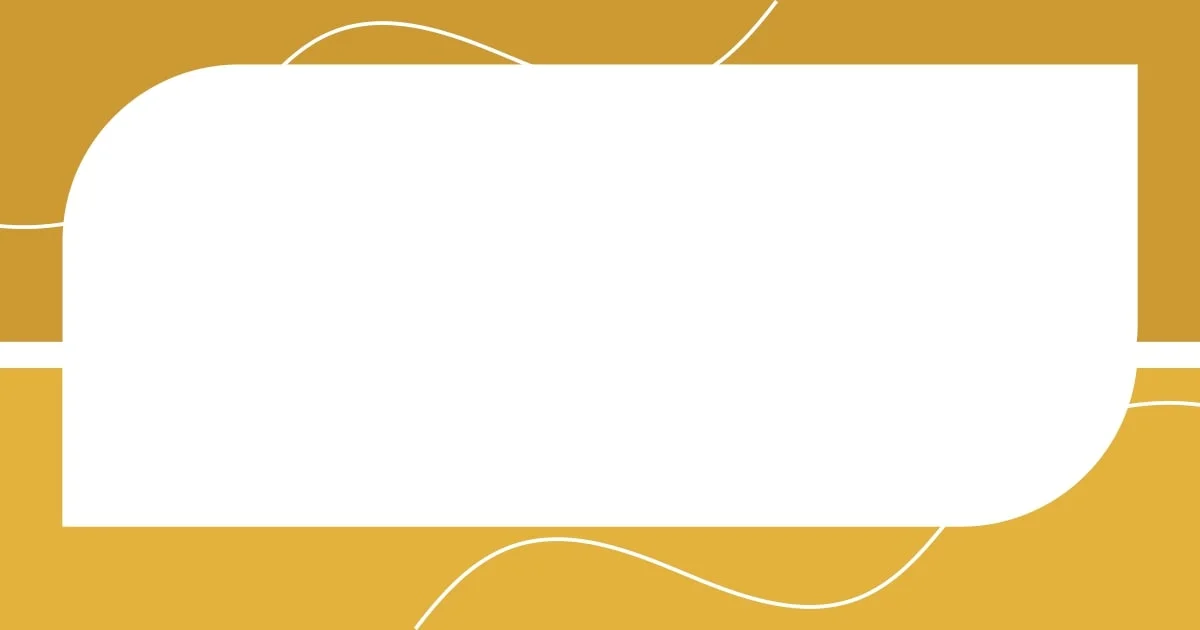
Identifying Your Stress Triggers
Identifying stress triggers is a personal journey that can vary significantly from person to person. For me, realizing that my main triggers stem from a lack of preparation was a game changer. I recall a time before a major presentation when I hadn’t practiced enough. The nagging thought of forgetting my lines weighed heavily on me, making my palms sweat simply at the thought of stepping on stage.
Another key factor I’ve noticed is the people I’m surrounded by. Sometimes, just being in a room with highly assertive individuals can create an underlying tension that amplifies my anxiety. I remember attending an event with a particularly competitive atmosphere, and I felt a constant need to prove myself. It’s fascinating how the energy from those around us can either uplift us or morph into stressors. Have you ever felt that from your peers?
Finally, I’ve learned to recognize the effects of my own internal dialogue. Negative self-talk can often amplify my stress levels before and during an event. I vividly remember a conference where I kept repeating to myself, “You’re not good enough.” Shifting this narrative has been a crucial step for me. Practicing positive affirmations truly transformed how I approach demanding situations.
| Type of Trigger | Personal Experience |
|---|---|
| Lack of Preparation | Felt overwhelmed before a presentation due to inadequate practice |
| Environment and People | Felt anxiety when surrounded by highly competitive individuals |
| Internal Dialogue | Struggled with negative self-talk, impacting confidence levels |
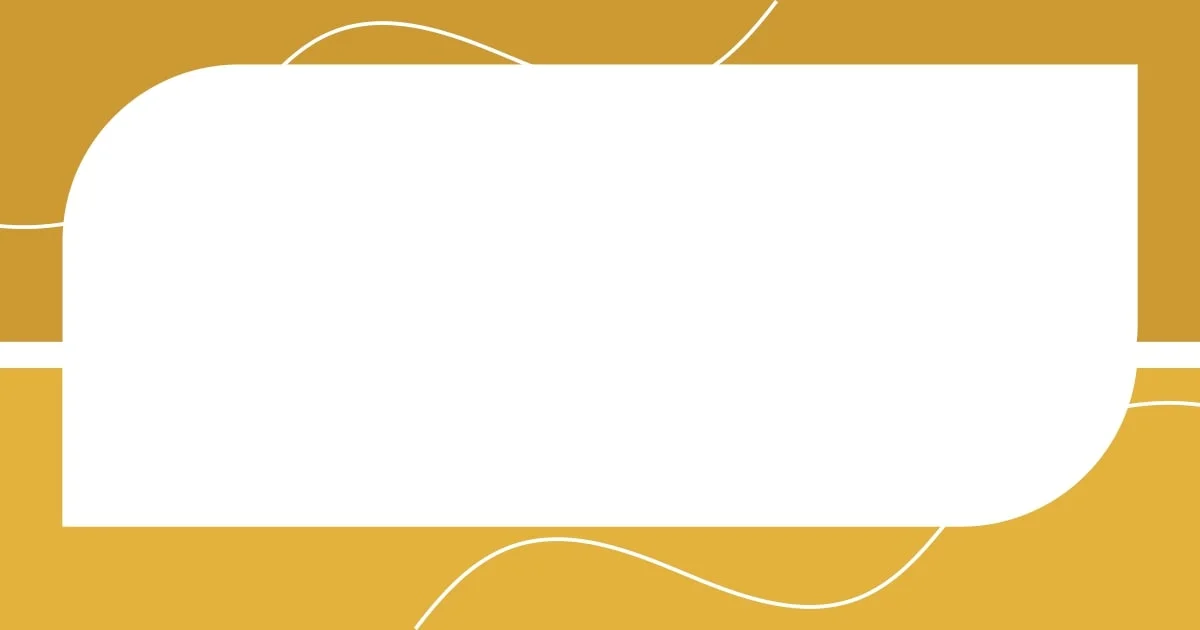
Preparing Mentally for Events
Preparing mentally for events is essential to ensuring a smoother experience. Before an event, I take time to visualize success. I close my eyes and picture myself confidently delivering my presentation or engaging with attendees. This visualization feels like a warm-up for my mind, helping settle the pre-event jitters. I’ve noticed that adopting a positive mindset can drastically change my approach to the event.
Here are some strategies that work for me:
- Practice Mindfulness: Spending a few moments in meditation or breathing exercises calms my racing thoughts.
- Set Realistic Expectations: I remind myself that it’s okay to not be perfect. Everyone makes mistakes.
- Create a Ritual: Having a consistent pre-event routine, like listening to my favorite playlist, grounds me and sets a positive tone.
In preparing mentally, I also find it valuable to focus on my motivations for attending the event. Reminding myself why I’m there—whether it’s networking, learning, or sharing my insights—helps reframe my anxiety into excitement. I recall receiving a compliment from someone at an event that made my heart swell. That connection would never have happened if I hadn’t pushed past my initial nerves. It makes me think about how each event holds the potential to forge meaningful experiences.
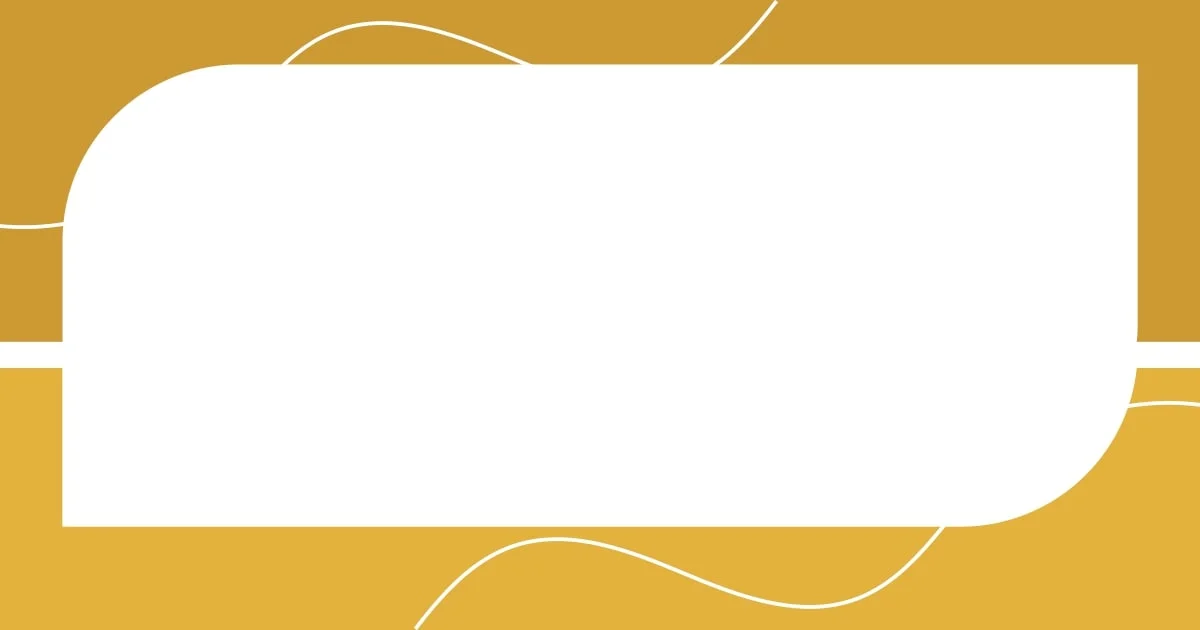
Effective Breathing Techniques
Breathing techniques have become my secret weapon in managing stress during events. When I feel the tension rise, I take a moment to practice deep breathing. In through my nose for a count of four, holding it for four, and then exhaling through my mouth for another four. This rhythmic breathing has a remarkable ability to center me, almost like pressing a reset button on my anxiety. Have you ever noticed how a few deep breaths can change the whole atmosphere within you?
One memorable instance stands out when I was about to deliver a presentation. My heart raced, and sweat began to form at my brow. I stepped aside from the crowd and took a deep breath, focusing on the sensation of air filling my lungs and the calming effect following the exhale. It felt like a wave washing over my nerves, reminding me that I was just about to share something I was passionate about, rather than face an interrogation panel. In that moment, I realized that effective breathing could navigate through the fog of apprehension.
I also dabble in alternate nostril breathing whenever I need a quick mood lift. It sounds odd, but it’s an engaging practice where you breathe in through one nostril and out through the other. At first, I felt ridiculous doing it, but now I see it as a playful reminder to balance my energies. It not only helps clear my mind but gives me a sense of control amidst the chaos of a bustling event. Has trying something new ever helped you regain your focus? For me, these breathing techniques have transformed my experience, proving that sometimes the simplest methods can yield the most profound results.
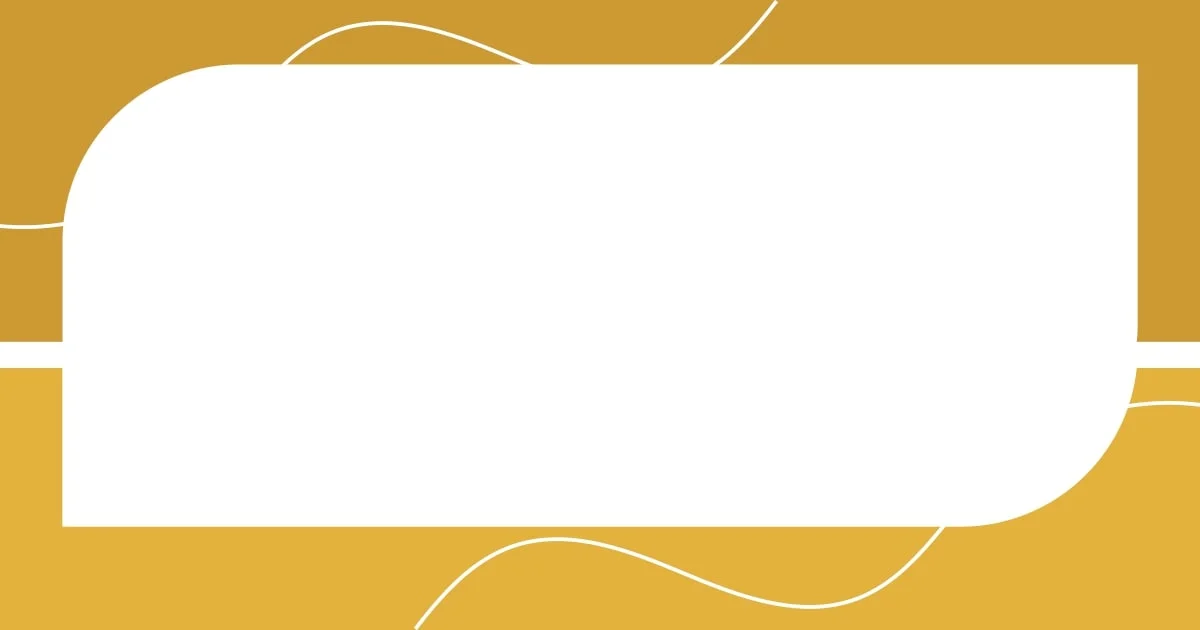
Creating a Pre-Event Routine
Creating a consistent pre-event routine has become a game-changer for me. I’ve found that dedicating time to rituals—like stretching or sipping herbal tea—before an event helps clear my mind and body. It’s as if these small acts create a protective bubble around me, shielding me from the impending stress. Have you ever noticed how setting a tone with intentional actions can shift your mindset?
One of my favorite pre-event moments is jotting down my thoughts in a journal. I quickly list what I want to achieve and any worries swirling in my head. This simple act not only declutters my mind but also brings clarity to my goals. I remember feeling overwhelmed before a networking event, but once I wrote down the top three people I wanted to connect with, my anxiety faded. Writing made me feel grounded and focused on what truly mattered.
I also swear by a quick playlist of energizing songs. Listening to my favorite tracks serves as both a motivator and a comfort. Just the right beat can elevate my mood and fill me with energy. On occasion, I’ve caught myself dancing a little before stepping onto the stage, reminding me to enjoy the moment instead of just enduring it. Isn’t it amazing how music has the power to change our emotional state so quickly? By embracing a routine that resonates with me, I can step out with confidence and enthusiasm, ready to take on whatever the event throws my way.
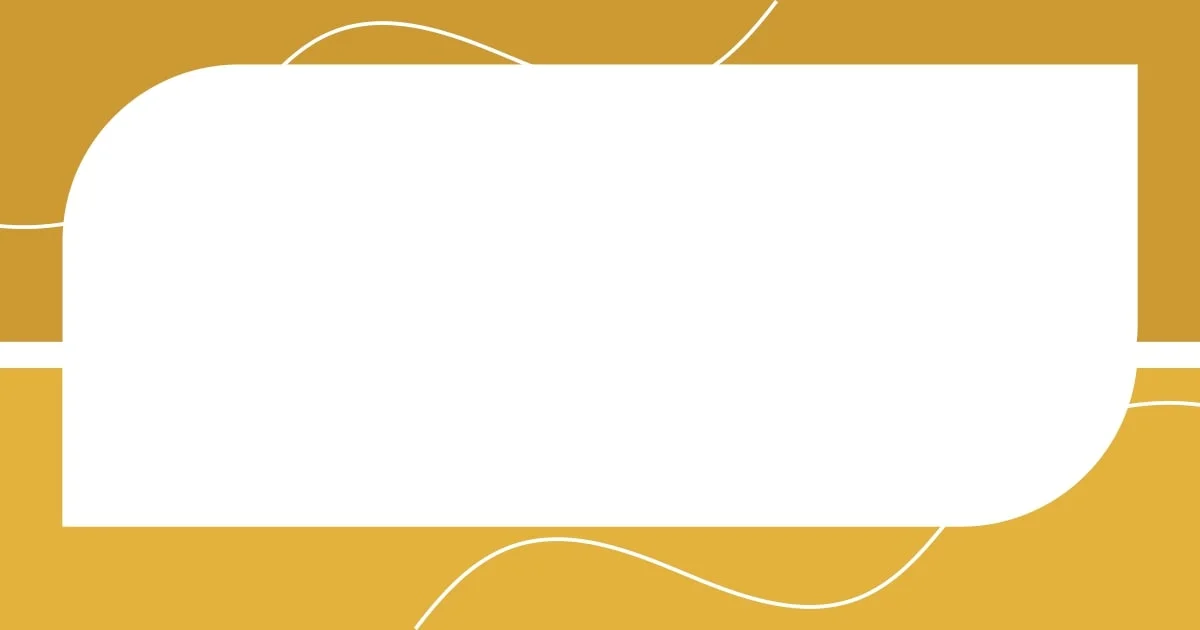
Strategies for Staying Present
Staying present during events can be quite a challenge, but I’ve found that grounding myself in the moment is incredibly effective. One technique I use is to focus on my immediate surroundings—what I see, hear, and feel. For example, at a busy conference, I’ll take a moment to notice the texture of the carpet underfoot or the sound of laughter nearby. It’s like hitting pause on the chaos and tuning into the now. Have you ever tried this? It transforms the experience from overwhelming to manageable.
Another strategy is engaging in mindful observation. I like to pick one conversation or interaction and fully immerse myself in it. Just the other day, I attended a workshop and made a conscious effort to listen deeply to the speaker without planning my responses or letting my mind wander. As I concentrated on their words, my stress evaporated, and I felt a genuine connection. Isn’t it intriguing how being truly present can enhance our interactions and reduce anxiety?
I also set little reminders throughout the event to check in with myself. Sometimes, I’ll discreetly touch a piece of jewelry or feel the fabric of my clothes, which brings me back to my body and the current moment. This approach may seem simple, but it profoundly helps to anchor me when anxiety begins to creep in. I remember a gala where I felt on edge, but every time I reached for my bracelet, it was like a silent reminder to breathe and embrace the experience. Do you have any personal tokens that ground you? These strategies not only keep me present but also allow me to savor each moment of an event fully.
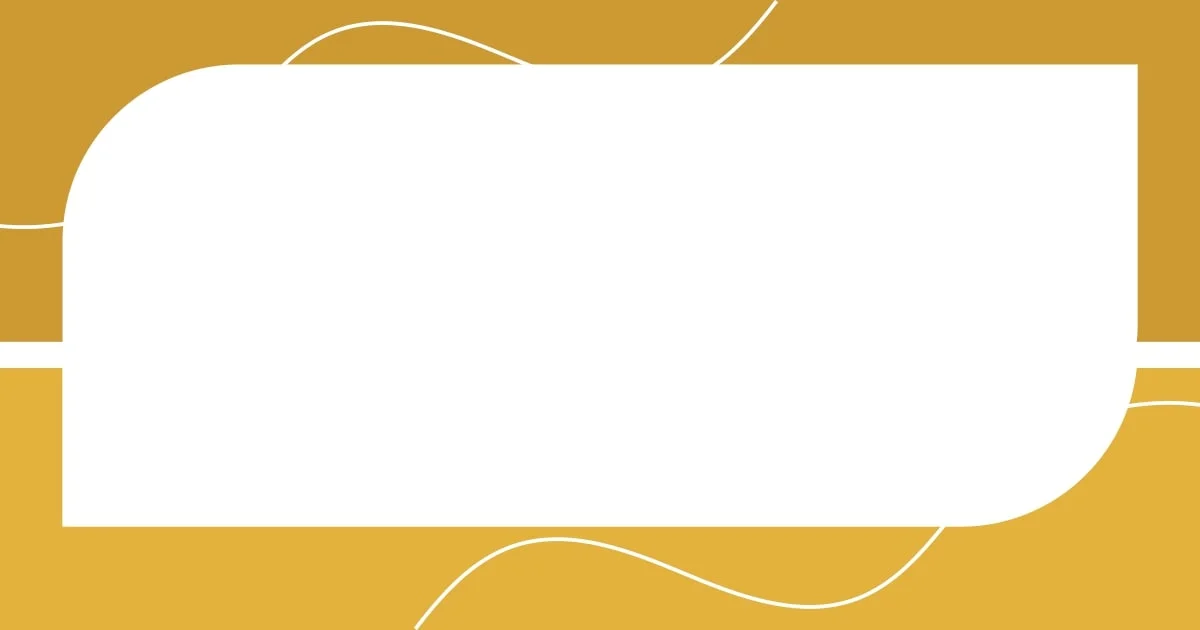
Post-Event Reflection and Analysis
Reflecting on an event afterward has become a vital part of my process. I often take some quiet time to sit with my thoughts, perhaps over a warm cup of tea. This space allows me to dissect not only what went well but also what stirred up stress. For instance, at a recent seminar, I noticed that interacting with certain individuals left me feeling drained. Recognizing this has prompted me to evaluate how I engage with different personalities moving forward. Do you take the time to analyze your interactions?
When I jot down my reflections, I find myself reliving the experience in a different light. Writing about specific moments that made me anxious helps me understand the triggers behind those feelings. After a particularly energetic networking event a few months back, I wrote about how the noise and mingling felt overwhelming at first. However, by the end, I found joy in connecting with a few like-minded individuals who shared my interests. Acknowledging this shift helped me appreciate the chaos without letting it consume me.
I also like to set new goals based on these reflections. I ask myself, “What can I learn from this?” For example, after an art exhibition I attended last year, I realized I needed to practice small talk more. By articulating challenges like this, I can transform moments of discomfort into constructive opportunities. It’s empowering to see how reflecting on past events can pave the way for more fulfilling experiences in the future. What personal insights have you gained after an event?




